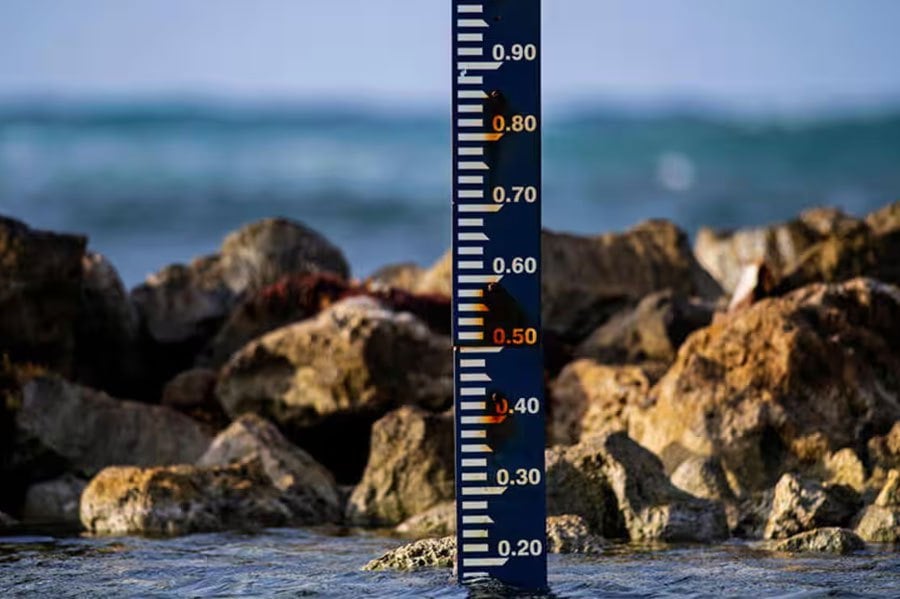
THE HAGUE (Netherlands), Jan 12 (NNN-AGENCIES) — Greenpeace and residents of Bonaire filed a lawsuit against the Dutch government on Thursday, saying not enough was being done to protect the tiny Caribbean island from rising sea levels.
Eight residents of the Dutch territory and the climate activists filed a summons before The Hague District Court, demanding that the government take “concrete measures” to shield the island from rising waters.
The group announced in 2022 it was taking legal action after a study by Amsterdam’s Vrije Universiteit showed that as much as a fifth of Bonaire could be swallowed up by the sea by the end of the century.
“There are plans in place to protect the European Netherlands against sea-level rise and other consequences of the climate crisis, but for Bonaire this is not yet the case,” said Danique Martis, one of the plaintiffs.
“The Caribbean Netherlands has been forgotten for too long,” the 25-year-old social worker said in a statement.
The summons contains two demands: that the Dutch government take concrete steps to protect Bonaire’s residents from climate change; and that the government does its fair share to keep global warming below 1.5 degrees Celsius — and therefore reduce carbon emissions faster.
This included zeroing greenhouse gasses by 2040, Greenpeace and the plaintiffs added in a statement.
“The Dutch government must take measures to protect the islanders’ human rights, specifically their right to life and to respect private and family life,” they said.
This was “so that Bonairians can continue to live on the island and pass on their traditions and culture to their children.”
Bonaire in the Leeward Antilles Islands is one of the Netherlands’ former colonies in the Caribbean.
In 2010 it became one of three so-called special municipalities of the Netherlands along with Saba and St Eustatius.
The low-lying Netherlands is known for its climate adaptation measures such as a huge network of dikes to protect against the North Sea, but it is also one of Europe’s biggest emitters in proportion to its population.
Climate action has increasingly become an issue for international justice.
Pushed by the Pacific island of Vanuatu, the United Nations General Assembly in March last year took the landmark step of asking the International Court of Justice, the UN’s top court, to outline countries’ duties to curb global warming. — NNN-AGENCIES



